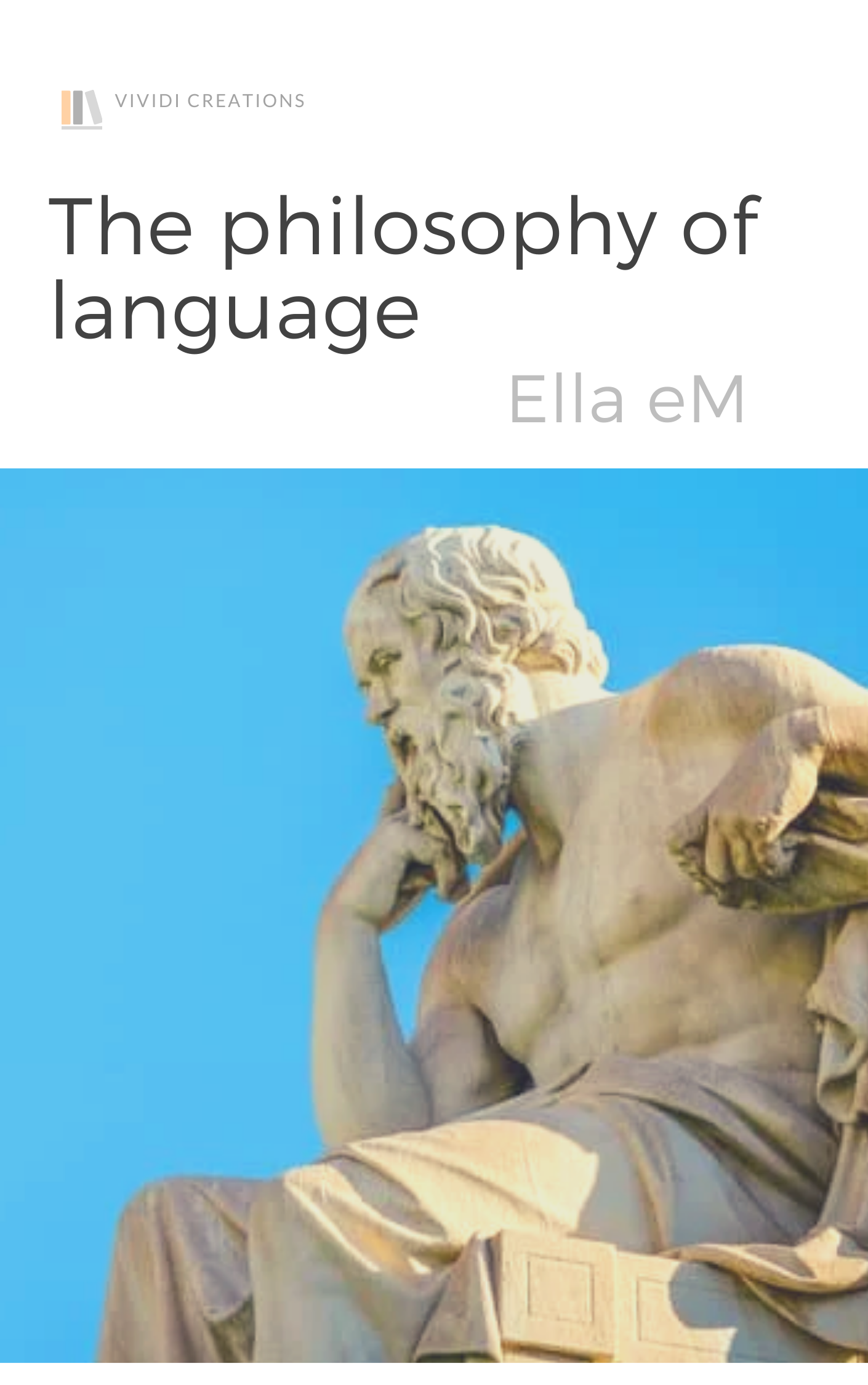The Philosophy of Languages
 Eslam Elkhatim
Eslam Elkhatim
Ella is writing…….
Language is not just a tool for communication; it is the essence of thought, the mirror of consciousness, and the pulse of civilizations. It is something more than just sounds or written symbols,it is the world as we perceive it and the boundaries we set between the possible and the impossible. But do we control language, or does it control us? Do we shape it, or does it shape us?
Listen, Languages are not just containers for words; they are cognitive systems that program our consciousness in ways we rarely notice. An Arabic speaker perceives time as fluid in their verbs, an English speaker fixes it in structured tenses, and a Chinese speaker blends both through intricate symbolism. Each language offers a different window into existence, defining the limits of our knowledge and shaping our awareness without us realizing it.
But is that means language a prison or a form of freedom? Does it constrain our thinking by limiting us to what it allows, or does it equip us with tools to break through the barriers of understanding? When someone speaks multiple languages, do they become more than one person? Does their perception of the world shift with the words they use?
Language is never neutral. It carries its history, culture, biases, and even constraints. It is a collective memory woven into every letter, yet at the same time, it is an open field for renewal and transcendence. When we create new words, we craft new realities, break down the walls of old perceptions, and grant ourselves the power to redefine the world—not as it was imposed upon us, but as we choose to see it.
What I'm trying to say is ,language is not just what we say,it is how we think, dream, and write our own history. It is more than mere sounds; it is us, with all our thoughts, emotions, and identities.
Subscribe to my newsletter
Read articles from Eslam Elkhatim directly inside your inbox. Subscribe to the newsletter, and don't miss out.
Written by
